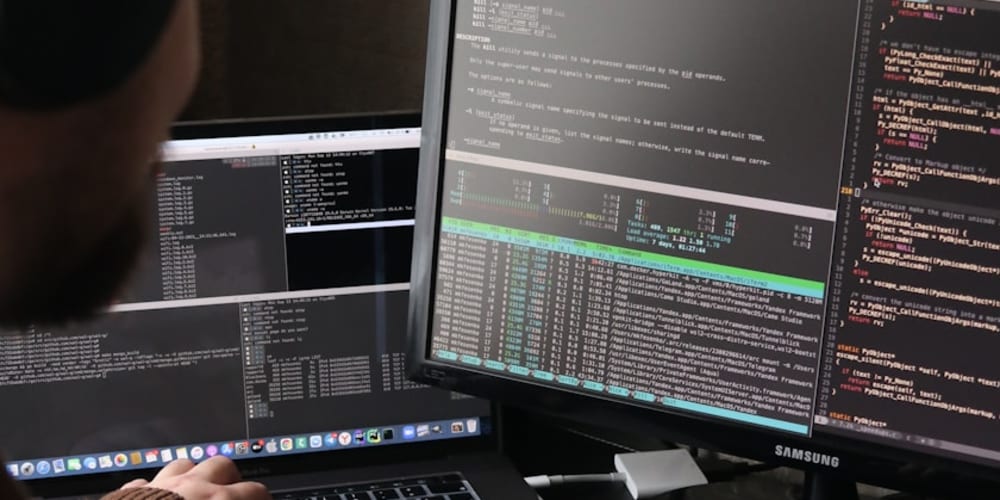The use of Internet of Things (IoT) devices in the healthcare sector has significantly increased in recent years. These gadgets, which range from wearables to medical gear, have the power to completely transform patient care and enhance results in general. But as connectivity grows, hospitals and healthcare organizations must make sure they are in compliance with the Health Insurance Portability and Accountability Act (HIPAA).
Understanding HIPAA Compliance
A federal law known as HIPAA was passed in 1996 and establishes guidelines for safeguarding private patient health information. Its main objective is to enable the effective interchange of health information while protecting patient data’s confidentiality and privacy. Healthcare organizations must comply with HIPAA in order to avoid fines and keep patients’ trust.
Challenges of IoT in Healthcare
Regarding HIPAA compliance, the incorporation of IoT devices in healthcare settings poses particular issues. Among these difficulties are:
Data Security
Large volumes of patient data are collected and transmitted by IoT devices, which makes them appealing targets for hackers. Strong security measures must be put in place by healthcare organizations to guard against unauthorized access to this data.
Device Management
Healthcare organizations need to manage and keep an eye on these increasingly common IoT devices to make sure they are secure and operating properly. This covers vulnerability analyses and routine software updates.
Read more : HIPAA Compliance and IoT in Healthcare



















